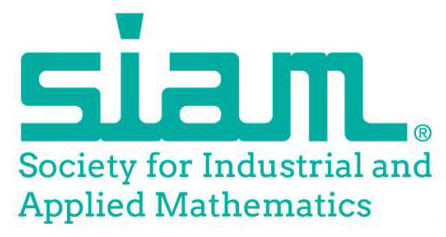Dive Brief:
- Medtronic has begun to sell its latest drug-eluting stent, Onyx Frontier, in Europe after securing a CE mark.
- The medical device, which the Food and Drug Administration approved in May, features changes intended to improve delivery compared to the previous generation Resolute Onyx stent.
- In a small bench test, Medtronic calculated that the stent’s new balloon, lower crossing profile and increased catheter flexibility resulted in a 16% improvement in deliverability.
Dive Insight:
Medtronic has developed Onyx Frontier DES to improve the treatment of patients with coronary artery disease. By improving deliverability without compromising the stent’s radial strength, the company is aiming to help physicians to treat blockages of the heart arteries and thereby improve patient outcomes.
In May, the FDA approved changes to the delivery system for Resolute Onyx and marketing under the name Onyx Frontier, enabling Medtronic to bring the updated device to market in the U.S. The recent receipt of a CE mark has opened up the European market for Medtronic.
“The Onyx Frontier DES launch demonstrates our commitment to interventional cardiologists by providing best-in-class products. Following our launch in the U.S., we're thrilled to provide hospitals across western Europe and the globe with the Onyx Frontier DES,” Jason Weidman, president of the coronary and renal denervation business unit at Medtronic, said in a statement.
Medtronic’s coronary and renal denervation business suffered a mid-single digit drop in sales in the company’s most recent financial results. The unit contributed to a 7% reported fall in revenue in the coronary and peripheral vascular division. Medtronic attributed the drop in sales to the impact of COVID-19 on percutaneous coronary interventions (PCI) in many markets.
Medtronic will sell Onyx Frontier for use in the same indications as its predecessor, meaning left main PCI is among its authorized applications. The similarities between the two devices mean Onyx Frontier has inherited the clinical data of Resolute Onyx, with evidence of their differences currently limited to bench tests that evaluated five or seven of each stent.













